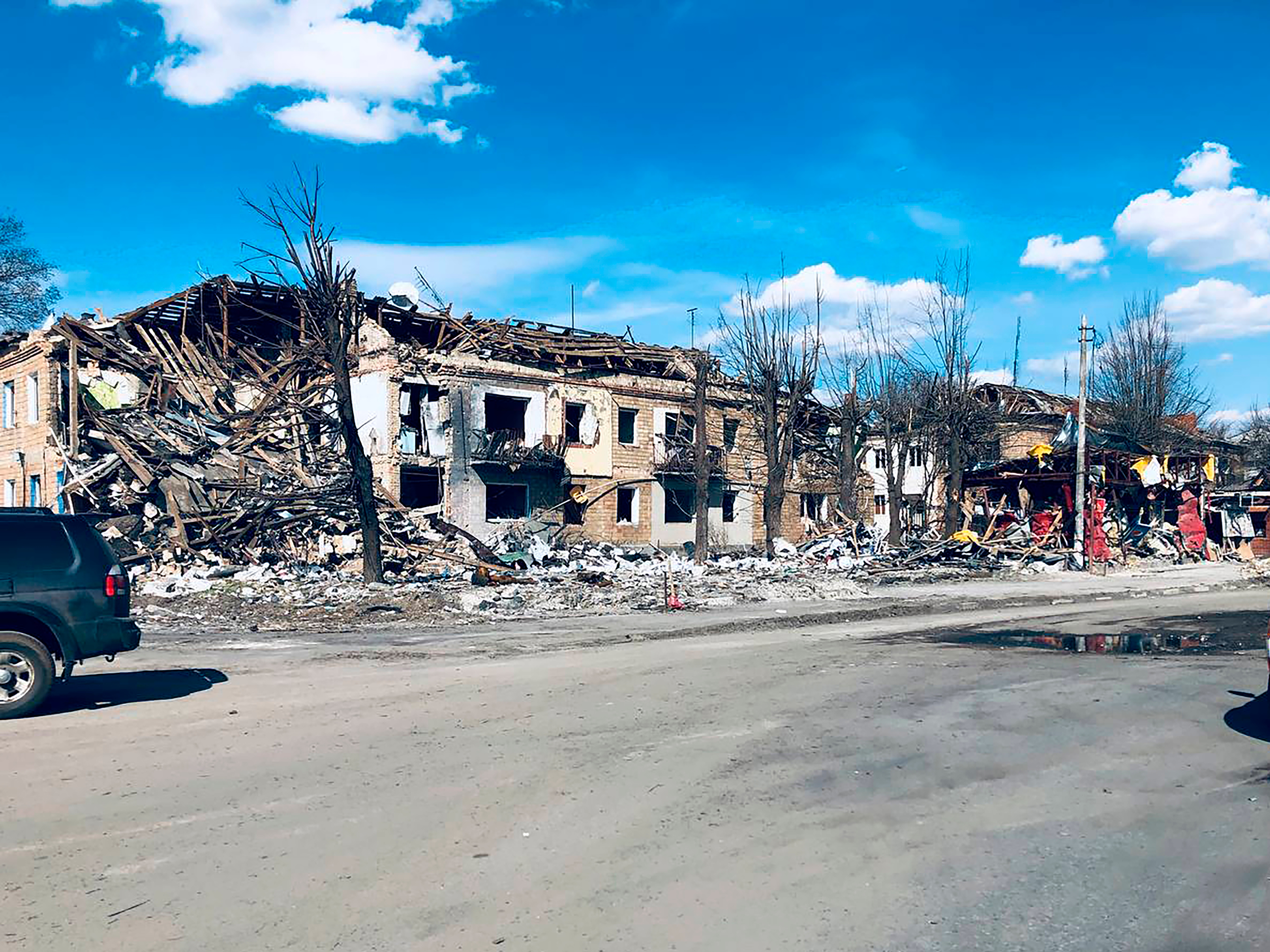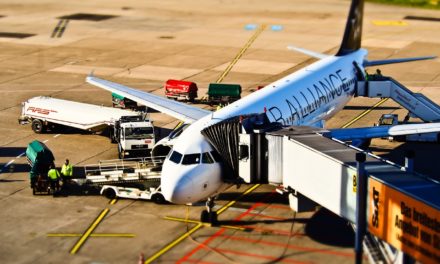Impact of the war in Ukraine on the European economy
As the war in Ukraine enters its third month, the economic consequences for Europe are becoming more apparent by the day. In some countries, such as France and Germany, shortages of certain products, such as sunflower oil, are beginning to appear. Other countries, such as Spain, are doing better due to diversification of imports and significant local production.
On the hydrocarbon side, Russia has cut off gas supplies to Poland and Bulgaria in retaliation for economic sanctions against it by EU countries and the US. Germany and other western European countries, having initially refused to pay for gas in rubles to meet Russian demands, are now beginning to consider this possibility. German industry would be badly affected by a halt in Russian gas supplies, which could cause a serious economic crisis in the country whose industry is an economic pillar for Europe.
Alternative solutions are very costly and time-consuming and difficult to implement due to the lack of sufficient gas terminals in Europe. The economies of Central and Eastern European countries, which are more fragile and less resilient, could pay dearly for this crisis, whereas their public finances were relatively spared during the pandemic.
Record inflation in the euro zone
In one year, consumer prices rose by 7.5% in the euro area. Energy was the item most affected, with a 44% increase due to the war in Ukraine. Governments are being forced to put in place costly schemes to support household consumption, despite public finances being stretched by two years of pandemic.
Some even predict a recession this summer in the euro zone. France, with “only” 4.5% inflation, is doing better than many European countries, such as the Netherlands (11.9%), Spain (9.8%), or the Baltic States where inflation is in double figures.
Energy policy in Germany
Germany, which decided a few years ago to get out of nuclear power under pressure from environmentalists, is in danger of paying a high price for its energy choice. The massive use of coal that followed is causing serious air pollution problems, and there are protests in the Ruhr against the destruction of villages to exploit new coal mines. Rising energy prices could have a major impact on the German economy and weaken it in the long term, especially its powerful industry.
Weapon deliveries to Ukraine
In Germany, the debate is raging over the issue of arms deliveries to Ukraine. Indeed, the country, whose armed forces have been very limited since 1945, could deliver arms to Ukraine against Russia, marking a turning point in the privileged relations between Germany and Russia, and for Moscow, a slap in the face. Chancellor Scholz, who began his political career in the pacifist wing of the SPD at the time of the Euromissile crisis in the 1980s, is under pressure and criticism, even from within his own camp, over whether Germany should deliver weapons to Ukraine.
As a reminder, Germany has often been accused, especially in Central and Eastern Europe, of playing a double game with Moscow, so this decision could mark the beginnings of a rapprochement with these countries at the expense of Berlin’s privileged relationship with Moscow.
Covid: a U-turn on the all-vaccine approach in Poland and Denmark
Denmark has just put its mass vaccination campaign against covid on hold, as the Danish health authorities consider that they have reached sufficient vaccination coverage, thanks to the spring and milder temperatures. The campaign will resume in the autumn. The country has already lifted the last restrictions at the beginning of February, and the situation is perfectly controlled, a sign of a general weakening of the epidemic. For its part, Poland wants to terminate its vaccine supply contracts with Pfizer, which promises to be a long legal battle. Vaccination is not taking off, and remains below the European average, even though the pandemic has declined dramatically in recent weeks.
Valneva’s vaccine rejected by the European Medicines Agency
The Franco-Austrian company Valneva, the flagship of the European pharmaceutical industry, has announced that the European Medicines Agency has asked it to submit additional documents before deciding on a possible conditional marketing authorisation for its inactivated covid vaccine. The company, which has already secured orders and approvals in the UK and Bahrain among other countries, said this would delay the first vaccinations until probably early summer.







